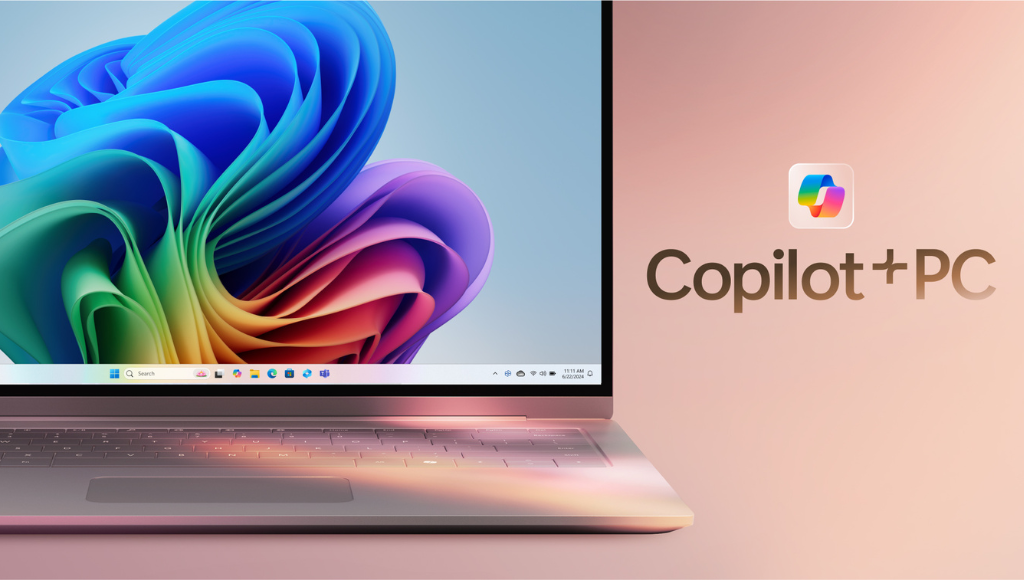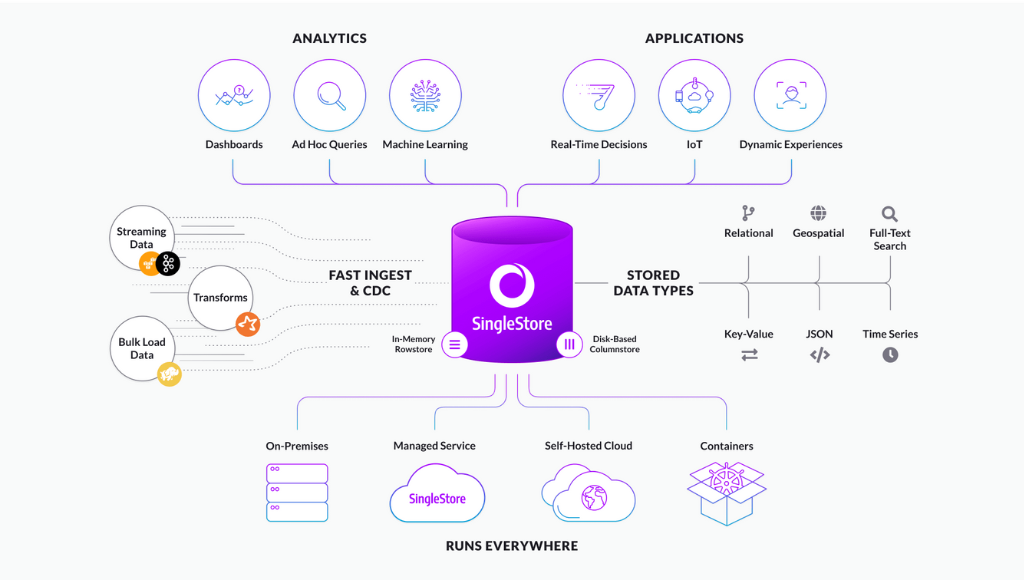Microsoft has unveiled a bold vision for the future of personal computing, one where artificial intelligence (AI) plays a central role. At the heart of this vision is Microsoft Copilot, a revolutionary platform designed to anticipate user needs and enhance productivity. This article explores the implications of Copilot and the new Copilot+ PC, detailing how they promise to transform both consumer and enterprise computing landscapes.
Microsoft Copilot: The Future of AI in Computing
Anticipating User Needs
Satya Nadella, Microsoft’s chief executive, emphasized the transformative potential of AI during the announcement. He described Copilot as a tool that not only understands user intentions but also proactively assists them. “We’re entering a new era where computers not only understand us but can anticipate our needs,” Nadella remarked, highlighting how Copilot integrates knowledge and expertise across devices and industries.
Empowering Users
Copilot is designed to empower individuals and organizations by providing instant access to information and facilitating creativity and productivity. “Copilot is empowering every person and every organization to be more knowledgeable, productive, and connected,” Nadella stated. This empowerment is achieved through advanced AI capabilities embedded in the new Copilot+ PC.
The Copilot+ PC: A New Category of Devices
The Copilot+ PC is a new category of AI-infused computers produced by leading manufacturers such as Acer, ASUS, Dell, HP, Lenovo, and Samsung. These devices are equipped with cutting-edge AI models, including OpenAI’s GPT-4o, and feature a powerful Neural Processing Unit (NPU) capable of over 40 trillion operations per second (TOPS). Additionally, they run on a re-architected Windows 11 operating system optimized for performance and battery life.

Exclusive Features
Copilot+ PCs come with several exclusive features:
- Recall: Acts as a photographic memory, accessing virtual records of past activities.
- Live Captions: Provides real-time translations in video chats from multiple languages into English.
- Image Co-Creation: Capable of generating images from doodles or text prompts.

The Impact on Enterprises
Transforming the Enterprise Landscape
Copilot’s introduction raises several questions about its impact on businesses. Analysts like Anshel Sag from Moor Insights & Strategy believe that Copilot sets a new standard for AI in enterprises. Organizations can now optimize their systems for Copilot, enhancing both familiarity and demand for AI-integrated solutions.
Enhancing Productivity
Copilot+ PCs aim to solve the “blank page” problem, helping knowledge workers jumpstart their creativity and productivity. Seth Juarez, Microsoft’s principal program manager for AI, explains that Copilot can accelerate the creative process, making workers more productive by moving quickly from ideation to execution.
Augment, Accelerate, or Automate
Ray Wang from Constellation Research outlines five trends that AI PCs will introduce:
- Augmentation: Computers will perform tasks previously unimaginable.
- Acceleration: Faster decision-making through rapid information assimilation.
- Automation: AI will handle routine tasks, increasing efficiency.
- Advisement: AI will provide new types of advice and suggestions.
- Autonomous Systems: Although still in development, AI will eventually lead to self-sufficient systems.
Security Considerations
On-Device Protection
Security remains a top priority with the new Copilot+ PCs. These devices are Secure-Core PCs, featuring Microsoft’s Pluton security processor to protect sensitive data and ensure secure biometric sign-ins.
Local vs. Cloud AI
Sarah Bird, Microsoft’s chief product officer for responsible AI, emphasizes that AI security on local devices requires similar robust measures as cloud-based AI. The NPU’s capability ensures that on-device AI maintains high performance and security standards.






